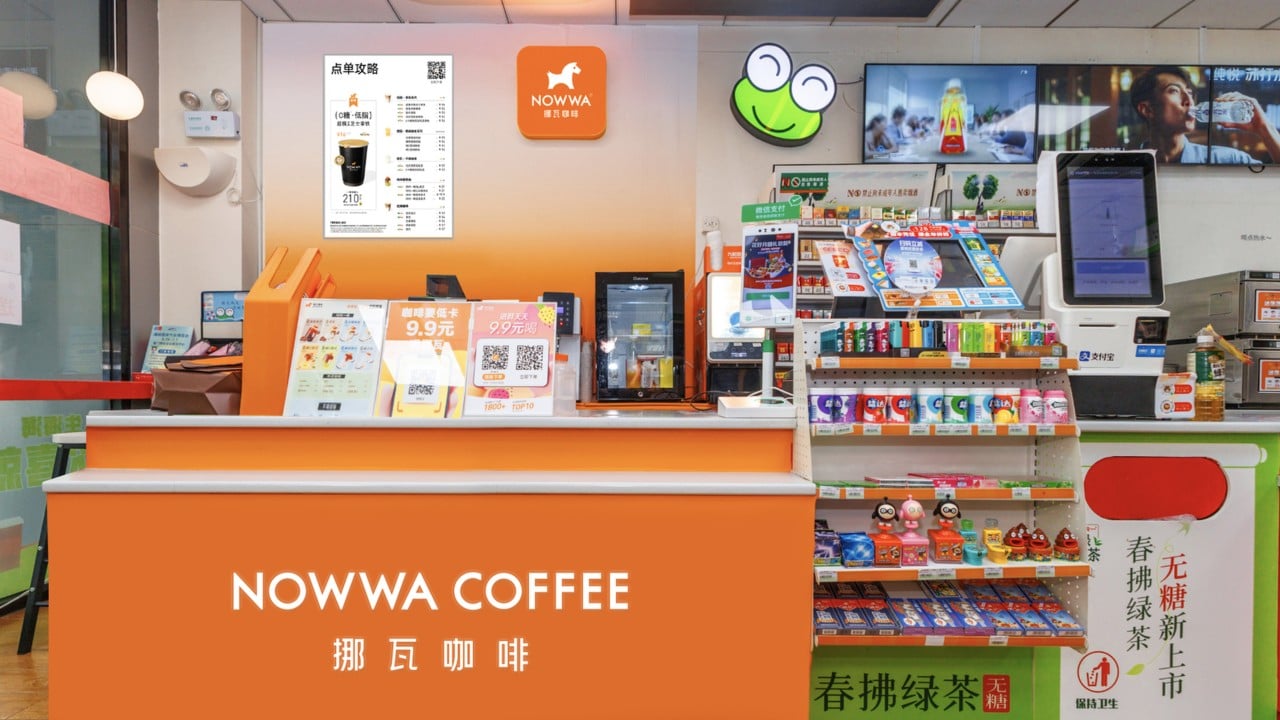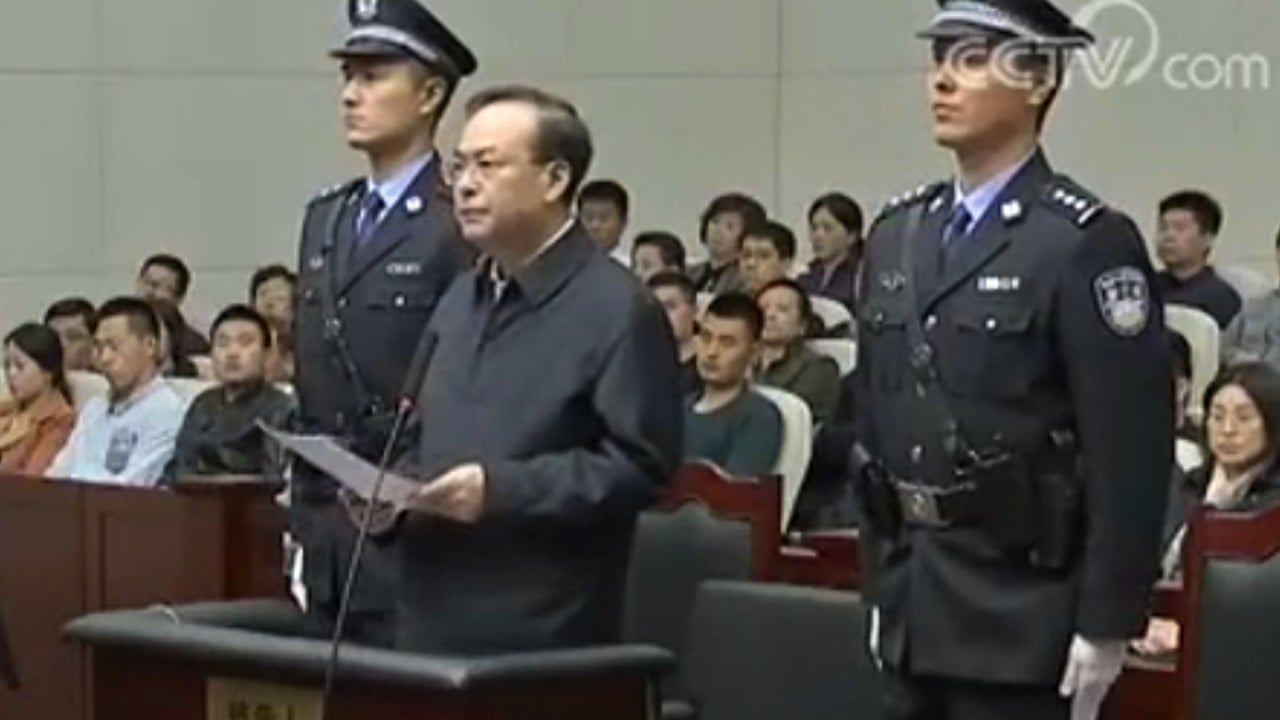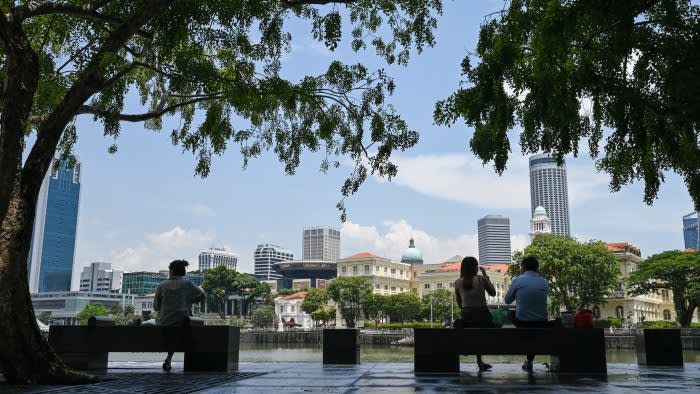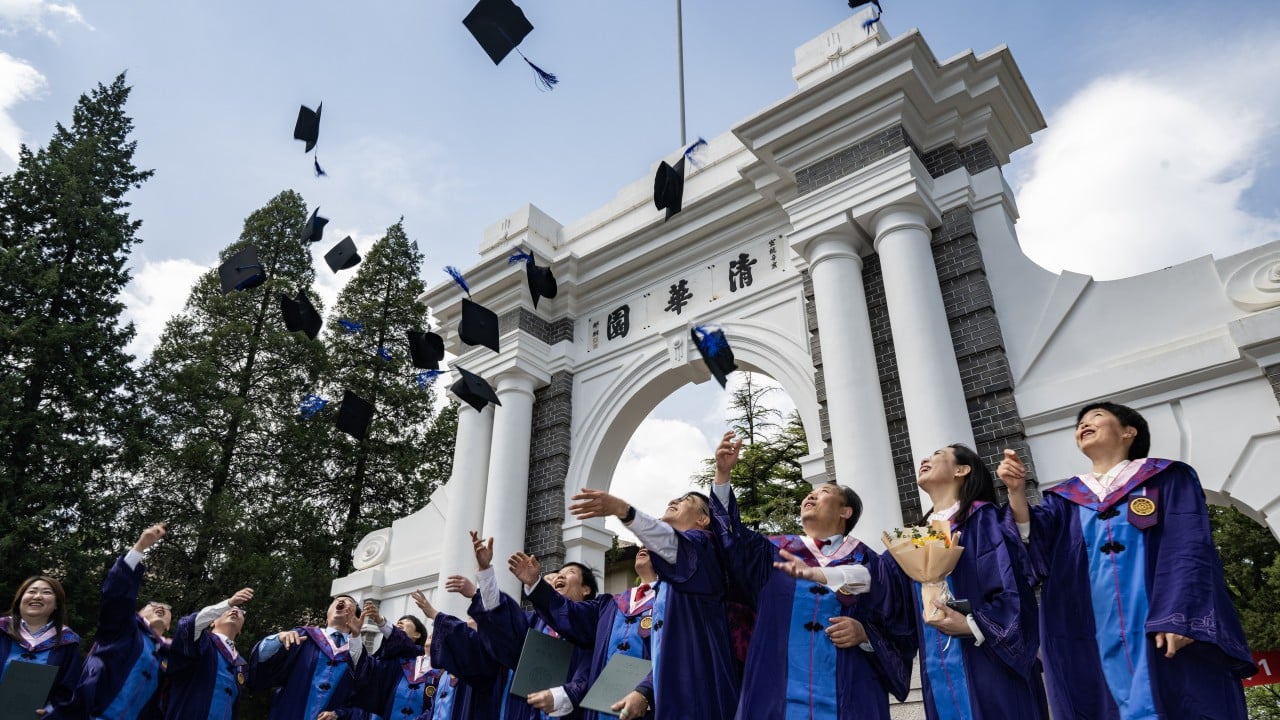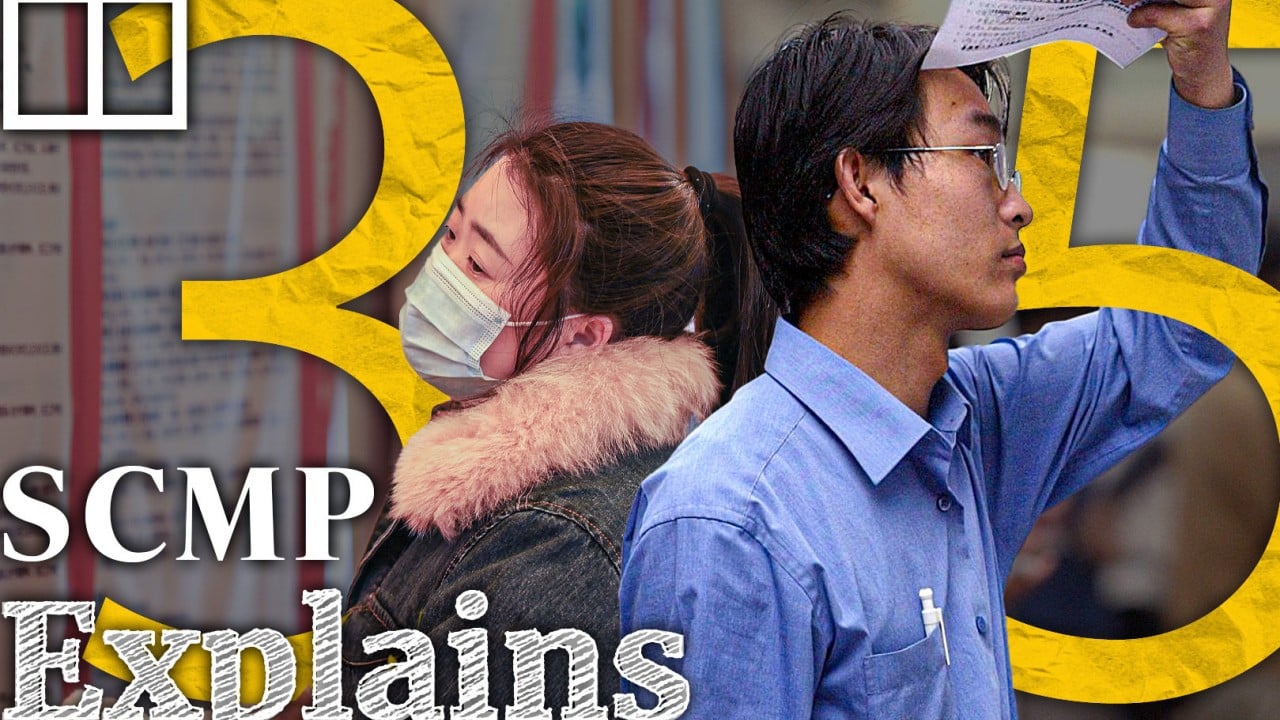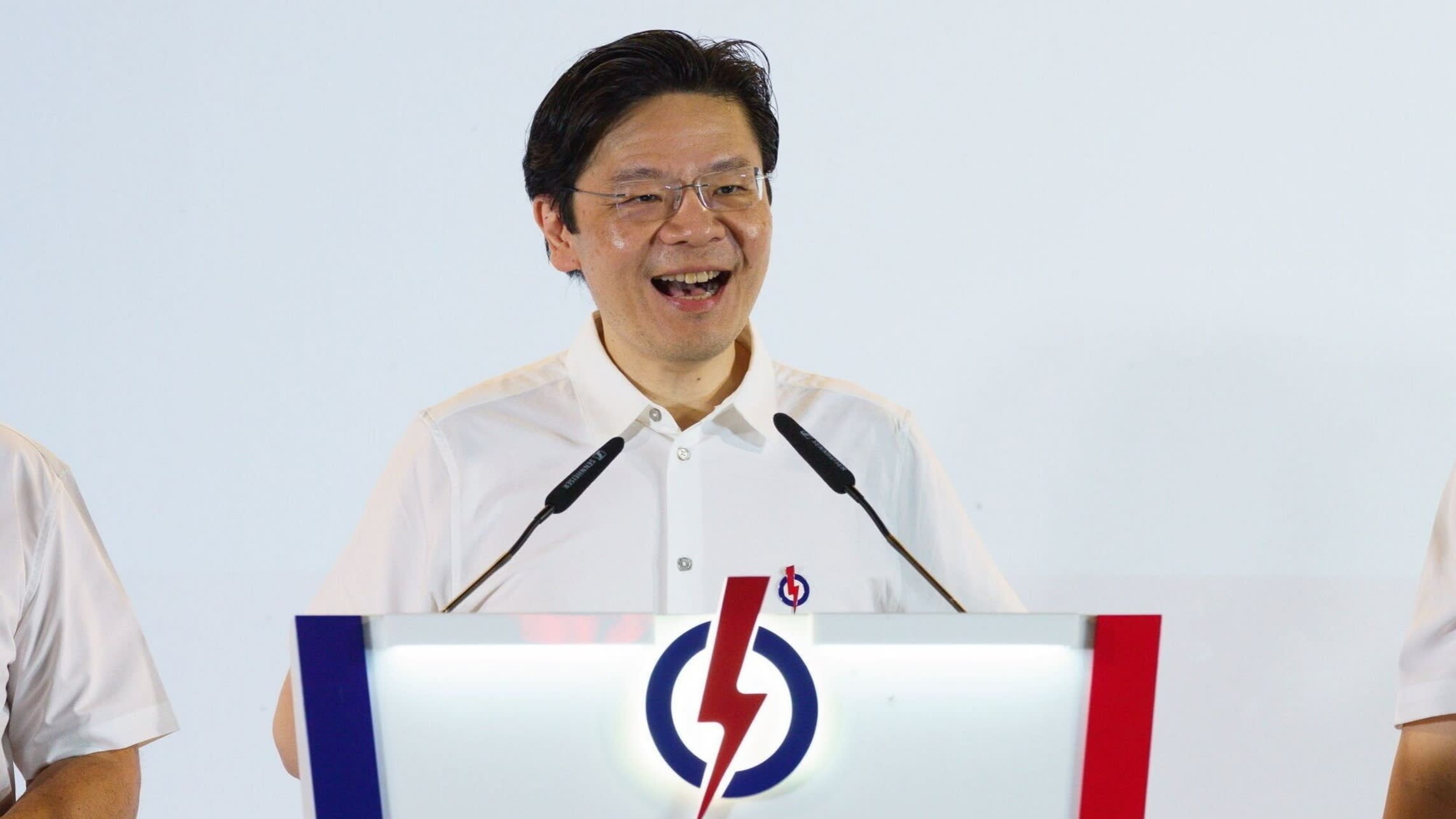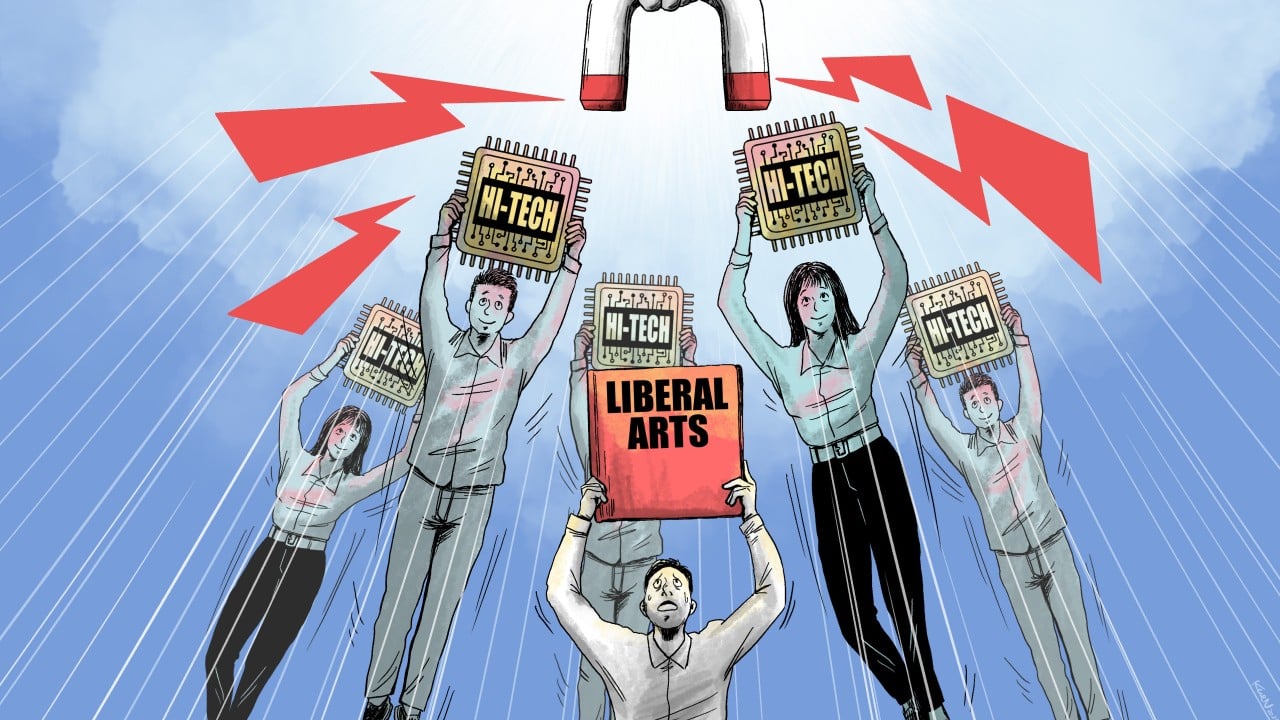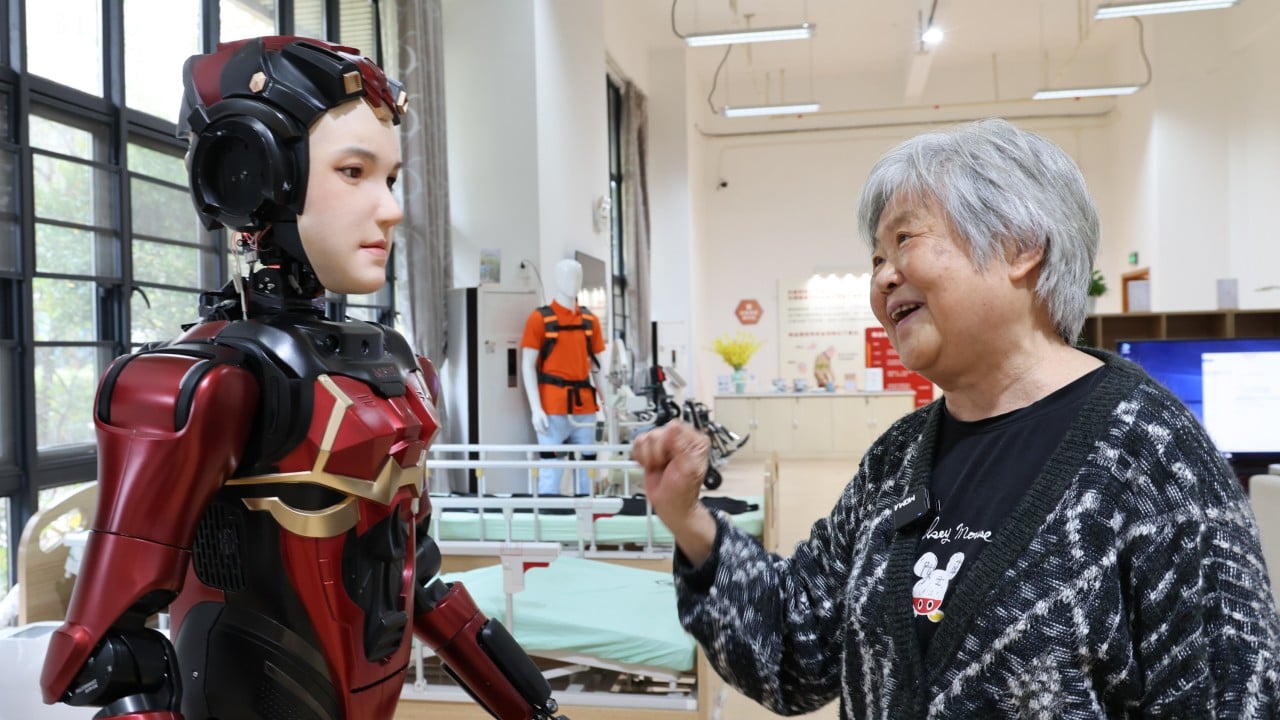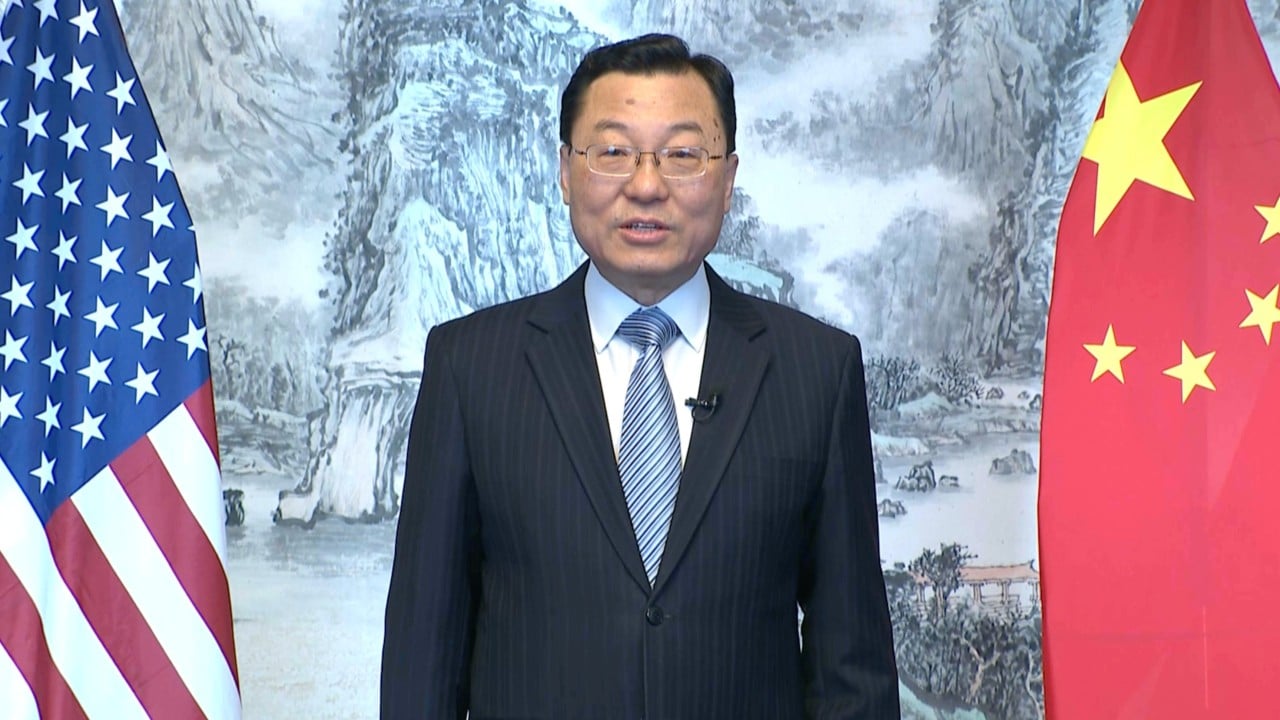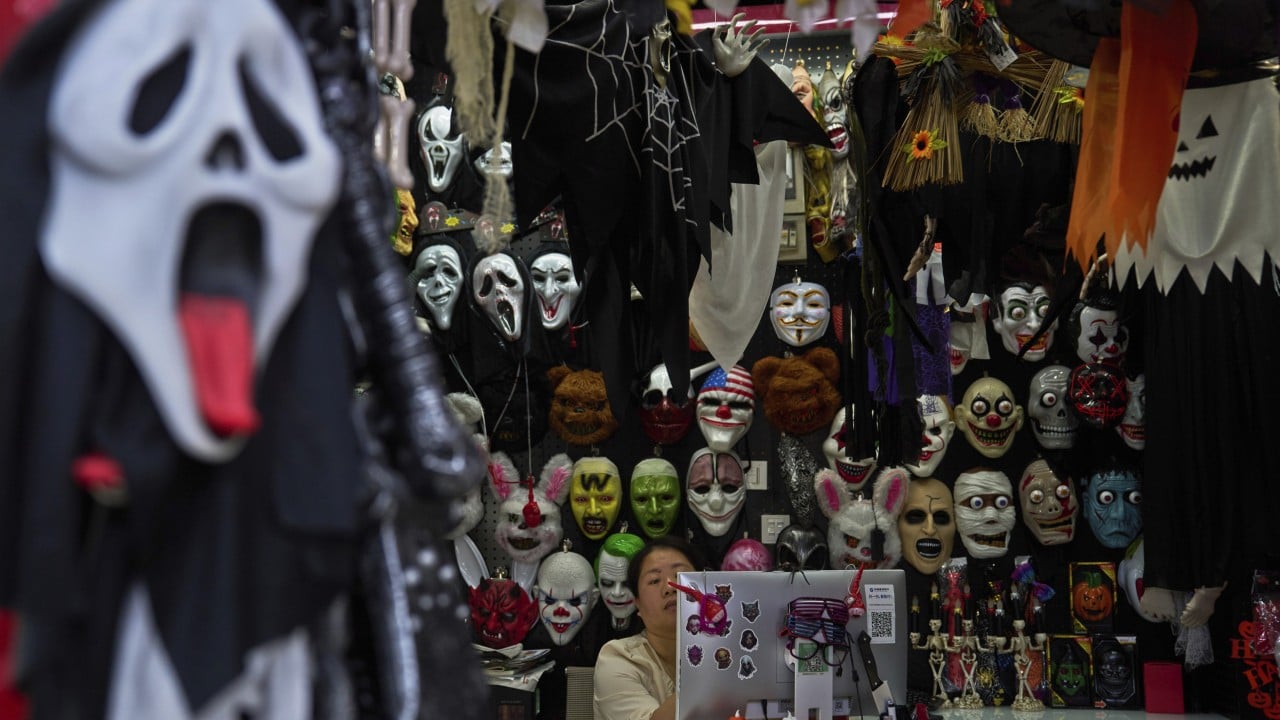China’s coffee market is booming as aggressive expansion and price competition make the drink more accessible to the masses while a presidential endorsement helps to boost interest. Advertisement As coffee culture spreads beyond the biggest cities and sheds its premium label, entrants with new business models and flavours are piling in, pushing existing players to rethink their strategies, according to industry insiders. A total of 66,920 coffee shops opened in the world’s second-largest economy over the past year, which translated to a net increase of nearly 12,000 stores once closures…
Day: May 3, 2025
The inspectors keeping China’s corrupt officials up at night
Advertisement These inspections are known as xunshi, and they have been a hallmark of Xi’s sweeping anti-graft campaign since he came to power more than a decade ago. They have also become a cause of sleepless nights for many officials. Countless officials and cadres, including dozens of heads of provincial areas and state ministries, have been brought down as a result of such disciplinary checks. In the latest round of the campaign, the Central Commission for Discipline Inspection (CCDI), China’s top anti-corruption body, has stationed 16 disciplinary inspection teams in…
Singapore’s ruling party sweeps to victory as voters opt for stability
Unlock the Editor’s Digest for free Roula Khalaf, Editor of the FT, selects her favourite stories in this weekly newsletter. Singapore’s People’s Action party has won its 16th consecutive election, increasing its share of the popular vote as voters in the trade-dependent country backed stability in the face of rising geopolitical tensions. The PAP — whose winning streak dates back to 1959 when Singapore was a British colony — secured 87 out of 97 seats, including five uncontested seats, according to results announced in the early hours of Sunday morning.…
China’s technocratic elite will be a powerful force in rivalry with US
Imagine if the United States were governed not by career politicians and lawyers, but by engineers from MIT, biologists from Stanford and physicists from Caltech. It sounds unlikely – yet this transformation is quietly under way in China. Advertisement According to a recent study by the Asia Society’s Centre for China Analysis, nearly half of the Communist Party’s youngest cohort of bureau-level officials hold PhDs. Among 75 recently appointed bureau-level cadres, 47 per cent hold doctoral degrees, and at least 29 possess technical backgrounds. Notably, 23 per cent come from…
Why turning 35 feels like a career ‘death sentence’ for some Chinese tech workers
Millions of workers in China fear falling for the “curse of 35”, a term that originated on social media to describe tech employees at risk of being laid off once they reach that age. Advertisement The phrase has become widely used to suggest growing age discrimination amid a tight job market in the country. Many online job listings, including civil service posts, state explicitly that candidates should be no older than age 35. So, why are 35-year-olds considered too old to work in China and which sectors are more susceptible…
PAP sweeps to victory as Singaporeans vote for stability
Unlock the Editor’s Digest for free Roula Khalaf, Editor of the FT, selects her favourite stories in this weekly newsletter. Singapore’s People’s Action Party won its 16th consecutive election on Saturday, increasing its share of the popular vote as voters in the trade-dependent country backed stability in the face of rising geopolitical tensions. The PAP — whose winning streak dates back to 1959 when Singapore was a British colony — secured 87 out of 97 seats in results that were announced in the early hours of Sunday morning, including five…
Adapt or perish: the humanities fight to survive China’s hi-tech rise
The role of the humanities in China’s education system has come under scrutiny as the country pushes for scientific advancement and a hi-tech workforce. Advertisement In recent years, several top Chinese universities have announced plans to slash arts and social science enrolments while promoting STEM majors – or science, technology, engineering and mathematics – in line with Beijing’s aggressive hi-tech push. While some have questioned the value of the humanities in the modern economy, observers noted that the fields still had their place and were evolving to incorporate artificial intelligence…
China’s focus on AI and robotics could power its future
Advertisement Along with significant advances by China’s domestic artificial intelligence (AI) developers, we are fast approaching the day when humanoid robots could begin making their way into our daily lives. When DeepSeek launched its R1 large language model in January, some investors focused on how the moment captured the high-stakes AI competition between China and the US, and how such healthy competition can create efficiencies, drive down costs and become more useful to consumers. But Chinese policymakers are thinking about AI differently. They are focused on incorporating AI into the…
Chinese ambassador Xie Feng says Beijing does not want to fight but will not be ‘intimidated’
Beijing’s top diplomat in the US took another hit at Washington’s tariffs on Chinese goods on Saturday, while reiterating that China was open to dialogue — but only on the basis of reciprocity and mutual respect. Advertisement “Tariff hikes benefit no one. They disrupt businesses, raise costs, rattle financial markets and slow down global growth,” said Chinese ambassador Xie Feng, to an audience in Washington during the embassy’s annual open day to the public. “The tariff war was not launched by China,” he continued, adding that if the US wanted…
Trump tariffs give US consumers, Chinese manufacturers a Halloween fright
With the impact of US President Donald Trump’s so-called reciprocal tariffs haunting American retailers of festive products – nearly 90 per cent of which are imported from China – US consumers may find themselves having to spend more on lower quality Halloween and Christmas novelties this year, industry insiders and analysts warn. Advertisement The “reciprocal tariffs” were introduced in early April, as American retailers were preparing to stock their shelves for festival celebrations later in the year. Buyers are now working day and night to try to minimise their impact.…
